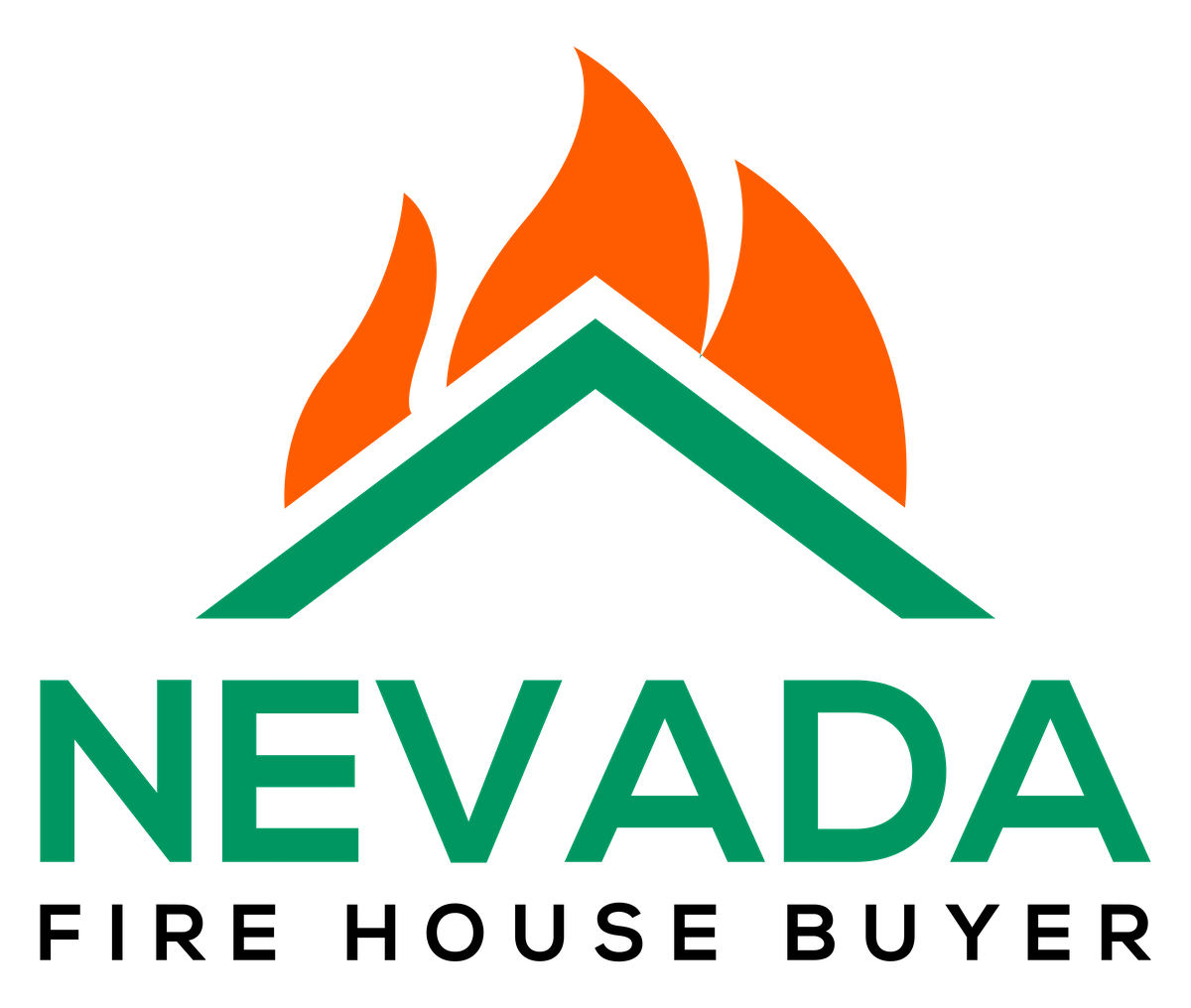Selling A House With Fire-Damaged In Las Vegas
We buy fire damaged homes as-is in Las Vegas for cash! No repairs. No fees.
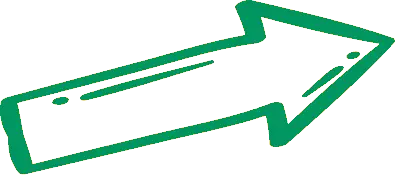

We’ll Give You A No Pressure As-Is Cash Offer in 24 Hours
We’re Local, Can Close in 10 Days, Fast Cash




How To Sell A Fire Damaged House As Is In Las Vegas
If you’re wondering how to sell a house as is, we walk our sellers through our simple 3 step process. Whether you’re trying to sell my fire damaged house or just avoid the hassle of repairs, you can receive a free offer and have cash in your bank within 7 days or on your timeline. Think real estate moves slow? Give our team at Sell Fire Damaged House Las Vegas a try…


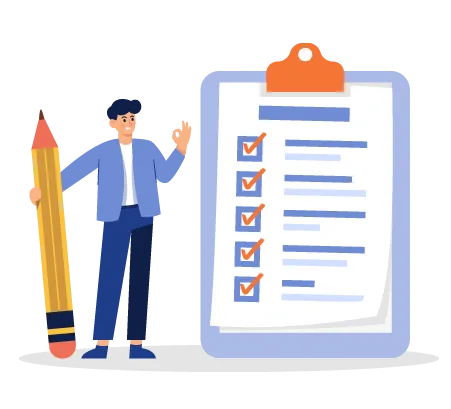
Fill Out Form
Fill out our form and we’ll get started on your free offer! No obligations.



Receive Cash Offer
We’ll research your property and call you with our fair offer in cash!


You Get Paid!
Money in your bank account at closing. As quick as 7 days!
Sell Your House Fast After a Fire
Selling your fire-damaged home has never been easier. With our seamless, stress-free process, you can move forward quickly and focus on what truly matters.
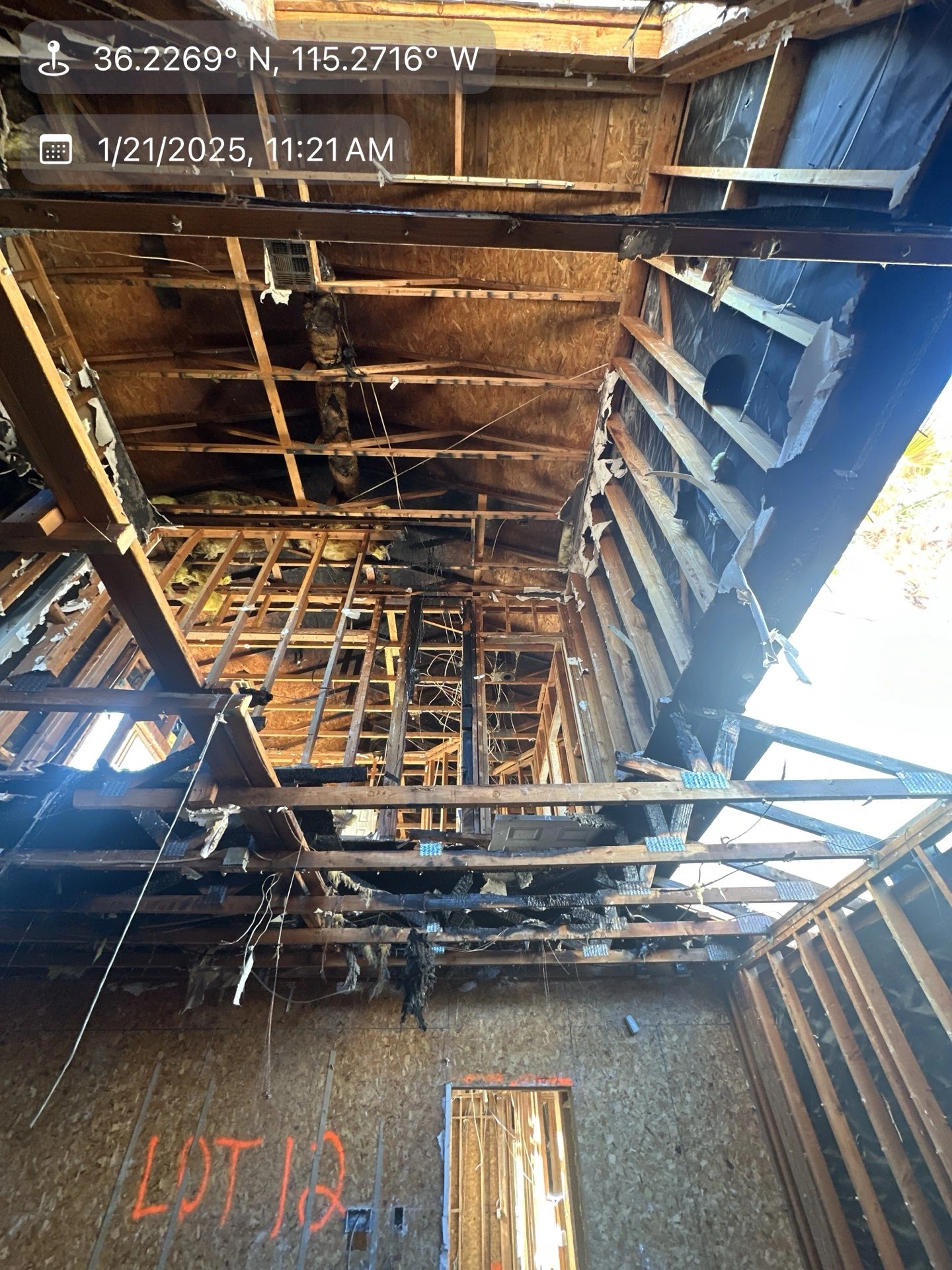
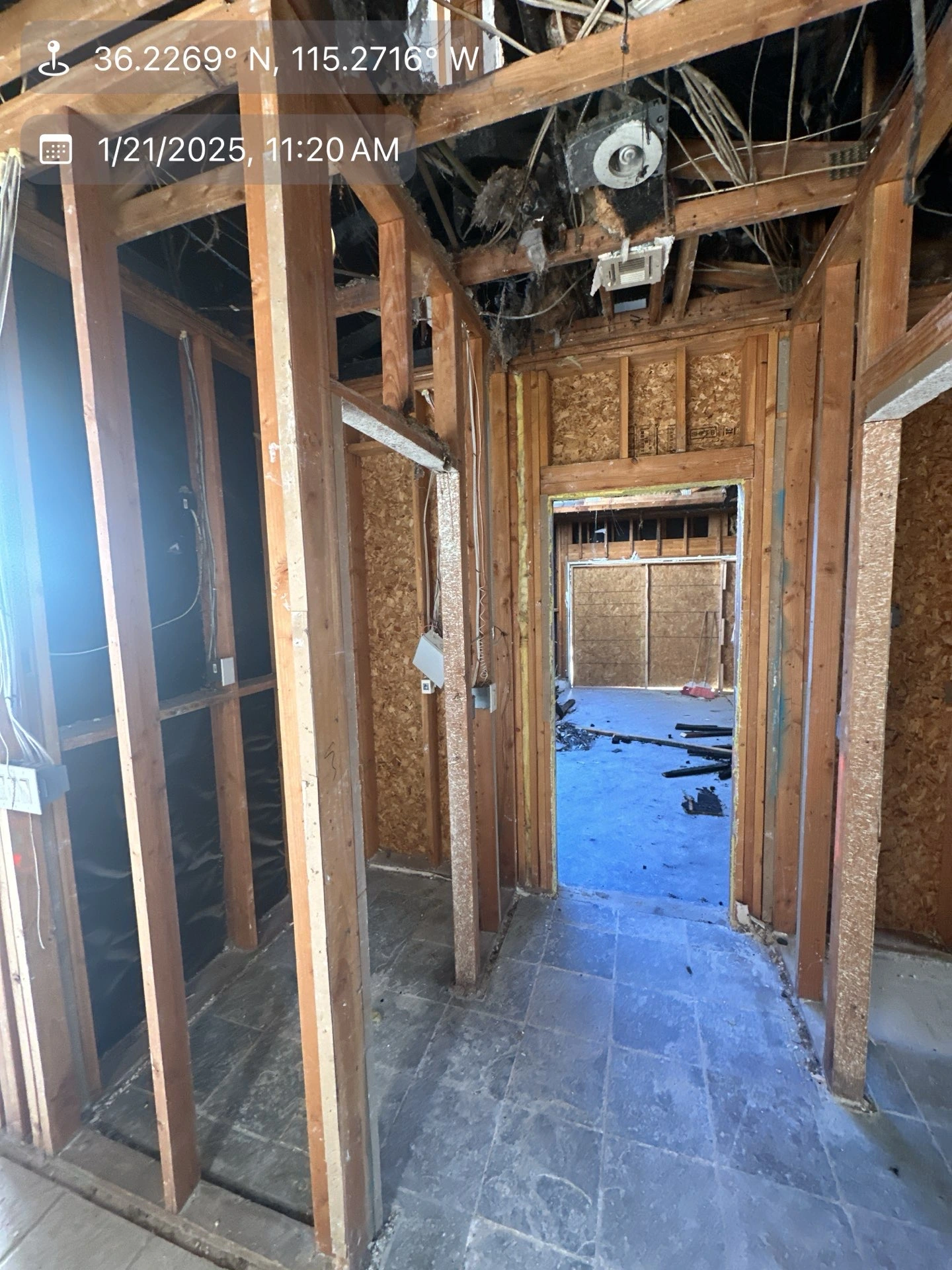
How To Sell A Burned Down Fire Damaged House In NV
- We Buy Fire Damaged Homes
- Selling a fire-damaged house in Las Vegas requires weighing the pros and cons of various options, such as selling as-is or repair and listing.
- It is important to consult a fire damage restoration contractor to properly assess the damage and estimate repair costs in order to accurately price a house with fire damage.
- In Las Vegas, it is recommended to disclose fire damage when selling your property in order avoid potential legal disputes & financial liabilities.
We Buy Fire Damaged Homes As Is
We buy homes as-is in any situation from financial distress to probate properties to just not wanting to deal with real estate MLS listing headaches, a home inspection, and a realtor. Selling your house as-is lets you avoid having to show your home to potential buyers making the home sale process easy for you no matter what you’re going through.
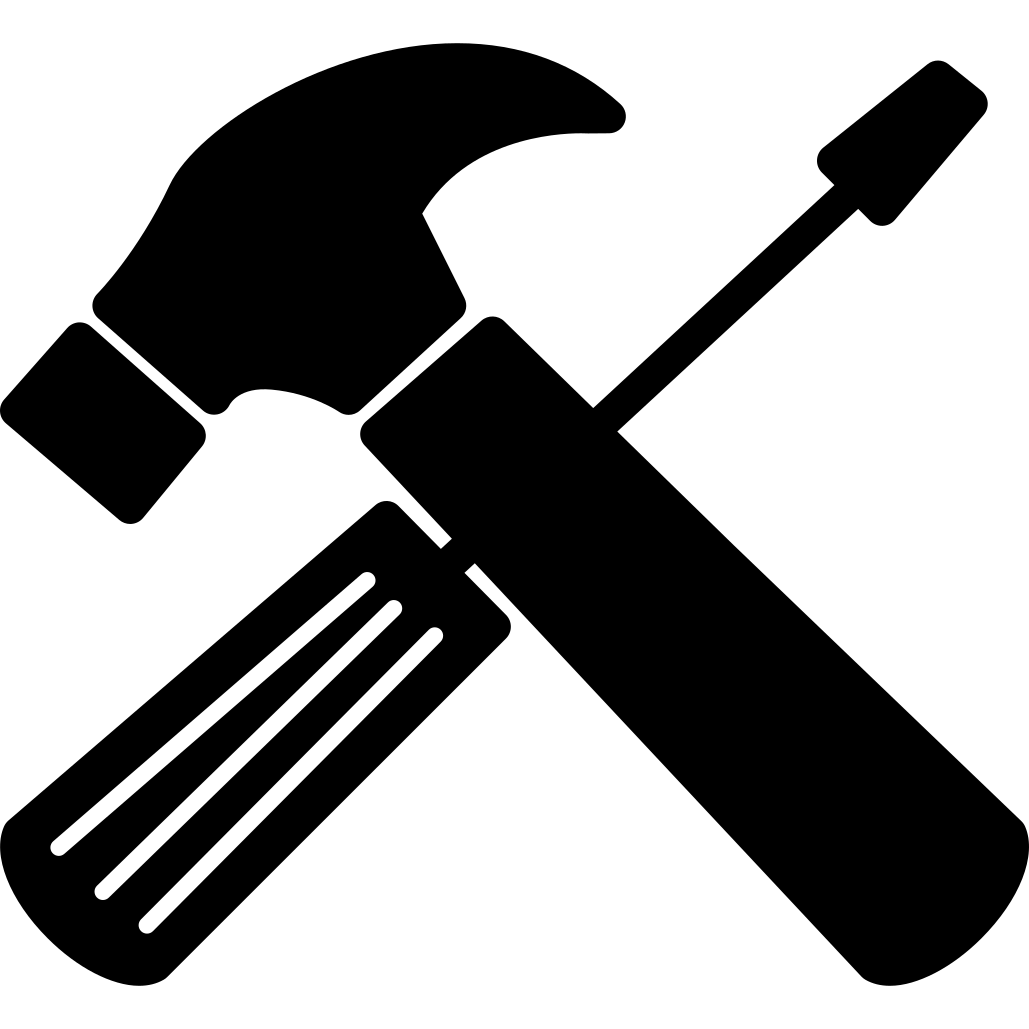
No Home Repairs
Selling your house as is means we take care of all the hassles!

No Agents
Skip paying for agent commission. We make home sales simple!

No Fees
Not only do we have NO agent or iBuyer fees, we cover closing costs!

Fast Closing
Sell your home in 7 days or on your timeline! We buy homes fast.

No Obligations
Take it or leave it. Our free cash offers come with no obligations.

Hassle Free
No agents. No inspection. No delays. We buy real estate as-is for cash!
Can I Sell A Fire-Damaged House In Las Vegas?
Although selling a fire-damaged house in Las Vegas is possible, it comes with its own set of challenges. The market value of the property is likely to be affected by the damage caused by the fire. This means that selling at a desirable price may be difficult. Additionally, potential buyers may be more inquisitive and cautious when considering such properties.
When selling your fire-damaged house in Las Vegas, you can either restore it or sell it as-is. If you decide to restore the property, you may face high repair costs and a lengthy rebuilding process. On the other hand, selling as-is can save you time and money, but may result in a lower selling price. Regardless of your decision, honesty about the damage and required repairs is critical.
Sell Fire Damaged House Las Vegas!
If a simple home sale that closes on your schedule sounds like what you need, come check us out. You can request a free quote for your house by filling out our form below!
We’ll Give You A No Pressure As-Is Cash Offer in 24 Hours
We’re Local, Can Close in 10 Days, Fast Cash
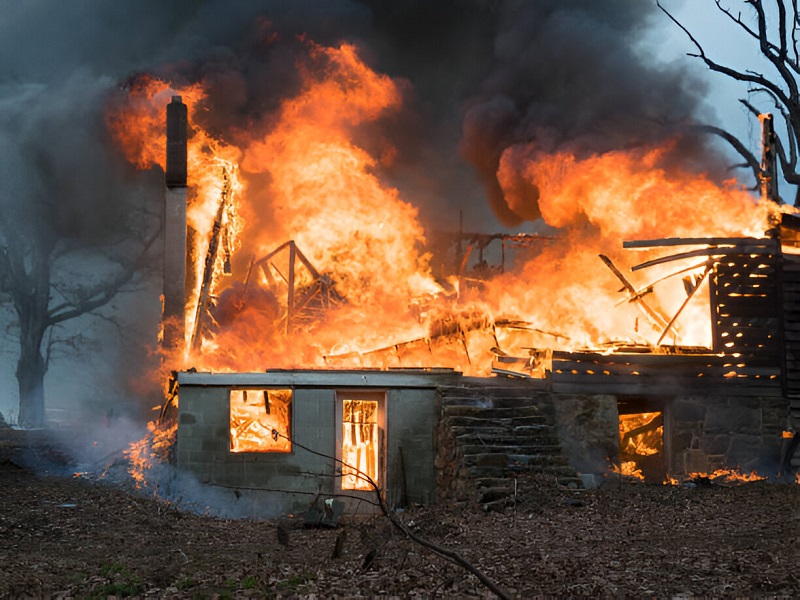

Las Vegas is served by a robust network of fire stations, ensuring comprehensive emergency coverage for residents and visitors. Here’s a detailed overview of the number of fire stations in the city proper, as well as distinctions between Las Vegas, North Las Vegas, and Clark County jurisdictions to clarify any potential confusion.
Las Vegas Fire & Rescue (City of Las Vegas) – 21 Fire Stations
The City of Las Vegas is protected by Las Vegas Fire & Rescue, which operates 21 fire stations throughout the city. This figure is confirmed by both official city documentation and reputable fire service directories. These stations are strategically distributed to provide rapid response across the city’s 133.25 square miles, supporting a population of over 600,000. The department is an ISO Class One agency, reflecting its high standards in fire protection and emergency services. This number refers specifically to the city of Las Vegas, not including neighboring jurisdictions.
Fire damage restoration costs in Las Vegas can vary significantly depending on the extent and type of damage, the size of the property, and the specific restoration services required. Here’s a breakdown based on the latest available data:
Average Cost Range
- Most homeowners in Las Vegas can expect to pay between $3,137 and $51,541 for fire damage restoration, with the average cost around $27,258.
- For smaller incidents, costs may be as low as $2,000–$3,000, while extensive or upscale restorations can exceed $80,000.
Cost Per Square Foot
- Restoration typically costs between $4.00 and $7.00 per square foot. For example, restoring a 2,600-square-foot home would average about $5.50 per square foot.
Typical Cost Breakdown
| Service Type | Cost Range |
| Structural repairs | $6,000 – $15,000 |
| Contents restoration (furniture, etc.) | $1,500 – $5,000 |
| Electrical system repairs | $3,500 – $12,000 |
| Smoke and soot cleanup | $2,000 – $6,000 |
| Odor removal | $1,500 – $4,000 |
| Project management (third-party) | $10,000 – $25,000 |
| Full fire and smoke restoration | $2,500 – $46,500+ |
Additional Factors Affecting Price
- Type of fire: Kitchen (Class K), electrical (Class C), and grease fires often cost more due to specialized cleanup needs.
- Extent of damage: Larger or more severe fires require more extensive repairs and higher costs.
- Water damage: Costs rise if water was used to extinguish the fire, as water removal and mold prevention may be necessary (typically $1,000–$5,000 extra).
- Soot and smoke cleanup: Oily soot (from grease fires) is more expensive to clean than dry soot.
The cost to build a new construction home in Las Vegas varies based on factors such as location, size, materials, labor, and finishes. Here’s a comprehensive breakdown based on the most recent data:
Cost Per Square Foot
- The average construction cost in Las Vegas is approximately $200 per square foot.
- The broader range for Nevada is $130–$250 per square foot, depending on specifications and customization.
Total Cost Estimates
- For an average-sized home of 3,000 sq ft, the total construction cost (excluding land) is about $600,000 (at $200/sq ft).
- Including land, the average total cost to build a home in Las Vegas is around $663,800.
- Land in Las Vegas averages $59,900 per acre.
Cost Comparison:
Build vs. Buy
| Option | Average Cost (3,000 sq ft) |
| Build | $663,800 |
| Buy | $444,000 |
- Building a home is currently more expensive than buying a comparable new or resale home in Las Vegas.
Key Cost Components
- Foundation: $5.80–$6.46 per sq ft
- Framing: $20,000–$50,000 total
- Roofing: $160.74–$1,808.28 per 100 sq ft
- HVAC: $3,571–$4,700
- Plumbing/Electrical: $68.78–$78.03 per hour (plus materials)
- Drywall: $1.58–$1.69 per sq ft
- Painting: $1.00–$4.02 per sq ft
- Material Costs: About $50 per sq ft
Market Context
- The median sale price for new homes in Las Vegas reached an all-time high of $550,000 in late 2024.
- Buying a home remains faster and generally more cost-effective than building, given current market conditions
The Las Vegas real estate market in spring 2025 is characterized by stability, slight growth in home values, increasing inventory, and a balanced environment for both buyers and sellers.
Home Prices
- The median price for single-family homes remains at a record high of $485,000, unchanged for several months and up about 4–5% year-over-year.
- Condos and townhomes have also appreciated, with median prices reaching $303,000–$306,495, up 7–8% from last year.
- The average home value across all property types is $431,505, reflecting a 4.5% annual increase.
Market Activity
- Home sales have rebounded in spring, with 2,142 single-family homes sold in March 2025, a 20.3% increase from February and a 2.9% rise from March 2024.
- Inventory is rising: there were 6,350 active listings in April 2025, a 10% increase from the previous month, and over 9,000 homes for sale in March.
- Despite this, months of available inventory remain steady at about 2.95 months, indicating a balanced market with demand keeping pace with supply.
Market Balance and Buyer/Seller Dynamics
- The market is described as balanced, with opportunities for both buyers and sellers.
- About 55% of homes sold below asking price in March, while 19% sold over asking, suggesting some negotiation room for buyers.
- Homes are taking slightly longer to sell, with an average of 42 days on market, up from 38 days a year ago.
Trends and Outlook
- Price growth has moderated compared to the explosive gains of previous years, and forecasts suggest a slight cooling: Zillow predicts a minor decline of 0.2–1.3% in home values over the next year, which is considered a gentle correction rather than a downturn.
- Inventory is up but still below pre-2020 levels, partly because many homeowners are holding onto low-interest mortgages.
- Mortgage rates have dipped recently, providing some relief to buyers and supporting continued demand.
Las Vegas is renowned for its dazzling array of attractions, blending world-famous entertainment, historic landmarks, and unique experiences. Whether you’re a first-time visitor or a returning traveler, the city offers something for everyone—from iconic neon lights and spectacular shows to immersive museums and thrilling rides. Here are some of the most well-known and beloved attractions in Las Vegas you shouldn’t miss:
- Fountains of Bellagio
- The Fountains of Bellagio are a must-see spectacle, featuring choreographed water, light, and music shows in front of the Bellagio Hotel. These free performances are iconic, drawing crowds day and night for their mesmerizing beauty and grandeur. The Bellagio complex also includes a renowned casino, Conservatory & Botanical Gardens, and fine art gallery, making it a multifaceted destination.
- Las Vegas Strip
- The Las Vegas Strip is the city’s most famous thoroughfare, lined with extravagant resorts, casinos, restaurants, and entertainment venues. It’s home to many of the world’s largest hotels and is the heart of the city’s nightlife and glamour. Walking the Strip is an essential Vegas experience, offering endless opportunities for people-watching, shopping, and taking in the city’s vibrant energy.
- Fremont Street Experience
- Located in historic downtown, the Fremont Street Experience is a lively pedestrian mall known for its massive LED canopy, nightly light shows, live music, street performers, and classic casinos. It captures the spirit of old Vegas while offering modern thrills, including the SlotZilla zipline, making it a favorite for both nostalgia seekers and adventure lovers.
- High Roller
- The High Roller is the world’s second-tallest observation wheel, offering panoramic 360-degree views of the Las Vegas skyline from 550 feet above the Strip. Its spacious cabins, some with open bars, make it a unique way to see the city—especially at sunset or night. The ride is family-friendly and a memorable highlight for visitors of all ages.
- The Neon Museum Las Vegas
- The Neon Museum, also known as the Neon Boneyard, preserves and displays iconic Las Vegas signs from the city’s storied past. Guided tours (especially after sunset) offer fascinating stories behind the neon art and a nostalgic look at Vegas history. It’s a must for photography enthusiasts and anyone interested in the city’s cultural heritage.
- Old Last Vegas Mormon Fort State Historic Park
- As the site of the city’s first permanent non-native settlement, the Old Las Vegas Mormon Fort is a unique historic landmark. The adobe fort and visitor center provide insight into the area’s early days and are an excellent stop for history buffs or families seeking educational experiences beyond the casinos.
- Springs Preserve
- Springs Preserve is a 180-acre nature and cultural center featuring botanical gardens, museums, walking trails, and family-friendly exhibits. It’s ideal for those looking to learn about the natural history of the Las Vegas Valley, enjoy outdoor activities, or escape the bustle of the Strip for a few hours.
- Welcome to Fabulous Las Vegas Sign
- This iconic sign, erected in 1959, is a classic symbol of Las Vegas and a popular photo spot for visitors. Located at the southern end of the Strip, it’s a must-visit for anyone wanting to capture the quintessential Vegas memory.
Las Vegas features a diverse range of neighborhoods, each offering its own unique lifestyle, amenities, and appeal. Whether you’re seeking suburban tranquility, urban excitement, luxury living, or affordability, there’s a neighborhood to suit every preference. Here are some of the most notable and popular neighborhoods in Las Vegas:
Summerlin
- A large, master-planned community on the western edge of the city, known for its parks, top-rated schools, golf courses, and proximity to Red Rock Canyon.
- Offers a mix of luxury homes, family-friendly subdivisions, shopping, and dining in Downtown Summerlin.
Green Valley & Green Valley Ranch
- Located in the neighboring city of Henderson, but often considered part of greater Las Vegas.
- Known for lush landscaping, excellent schools, family-friendly atmosphere, and shopping at The District at Green Valley Ranch.
Southern Highlands
A master-planned community in the southern part of Las Vegas, popular for its green spaces, parks, and upscale homes.
Attracts families and those seeking a blend of nature and city amenities.
Centennial Hills
Situated in the northwest, this area is favored for its suburban feel, newer developments, large parks, and access to outdoor activities at Mount Charleston6.
The Ridges
- An exclusive, guard-gated luxury enclave within Summerlin, known for high-end homes and stunning views.
Sunrise Manor
- Located in the eastern part of the city, this neighborhood is known for its affordability, diversity, and family-friendly environment.
Aliante
- A master-planned community in North Las Vegas offering parks, golf, and family amenities.
Anthem & Seven Hills
- Upscale communities in Henderson, featuring luxury homes, golf courses, and scenic views.
Lake Las Vegas
- A resort-style community built around a man-made lake, offering waterfront homes, golf, and a tranquil environment.
Downtown Las Vegas & The Arts District (18b)
- The historic heart of the city, known for its vibrant nightlife, Fremont Street Experience, art galleries, and cultural events.
Spring Valley
- A large, centrally located area offering a mix of residential options, shopping, and proximity to the Las Vegas Strip and Chinatown6.
Peccole Ranch
- Known for its tree-lined streets, walking trails, and parks, offering a suburban feel near shopping and dining.
Other Notable Areas
- Rancho Charleston: Close to downtown, known for mid-century homes and access to cultural attractions.
- Canyon Gate: Prestigious gated community with golf and luxury homes.
- Boulder City: Just outside Las Vegas, known for its small-town charm and proximity to Lake Mead.
Sell My Fire-Damaged House in Las Vegas: Expert Tips & Solutions
A house fire can shatter the security of homeownership in an instant, leaving Las Vegas property owners facing difficult decisions about their future. The good news is that selling a fire-damaged house in Las Vegasoffers multiple pathways forward, each designed to match different circumstances and recovery goals.
From specialized cash buyers who purchase properties in any condition to strategic restoration approaches that could maximize your sale price, viable solutions exist for every situation.
From specialized cash buyers who purchase properties in any condition to strategic restoration approaches that could maximize your sale price, viable solutions exist for every situation.
Fire damage presents unique challenges, from assessing structural integrity to managing insurance claims and understanding state-specific disclosure requirements. Las Vegas’s real estate market has adapted to accommodate these specialized sales, with various buyers and investors ready to work with fire-damaged properties.
Understanding your options starts with a thorough assessment of your property’s condition and the scope of damage. This knowledge empowers you to make informed decisions about repair investments, pricing strategies, and choosing the most advantageous selling method for your circumstances.
The Las Vegas real estate market offers several practical paths forward, whether you prefer working with cash buyers for a quick sale or pursuing repairs to maximize your property’s value.
By exploring these options while considering legal requirements, market conditions, and your personal timeline, you can transform this challenging situation into a successful property sale that aligns with your recovery goals.
First Steps After Fire Damage
When your Las Vegas home suffers fire damage, every minute counts. I’ve helped numerous homeowners through this challenging situation, and I can tell you that taking swift, strategic action protects both your safety and your property’s value. Let’s explore the essential steps you’ll need to take.
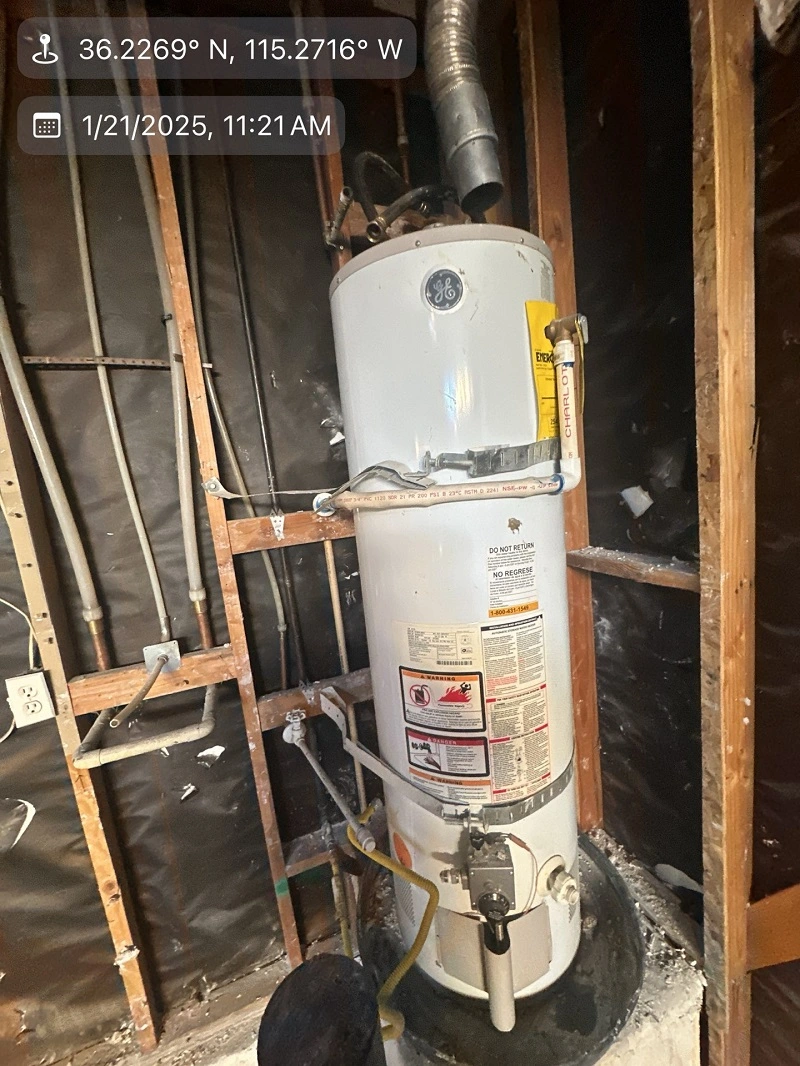
Safety Assessment and Documentation
Your safety comes first – no exceptions. Have a certified fire inspector or structural engineer evaluate your property before anyone enters. I always recommend getting this assessment in writing. Once you get the all-clear, grab your camera and document everything.
Take detailed photos and videos of every room, every wall, and every damaged item. Trust me, this thorough documentation will be invaluable for both your insurance claim and conversations with potential buyers.
Insurance Claims Process
Pick up the phone and call your insurance company right away. They’ll assign an adjuster to assess the damage and determine your coverage for:
• Structural repairs
• Personal property replacement
• Temporary housing costs
• Damage to neighboring properties
Keep a dedicated notebook or digital file for all insurance communications. Note down claim numbers, adjuster names, and save every estimate you receive. Buyers and investors will appreciate this level of organization and transparency.
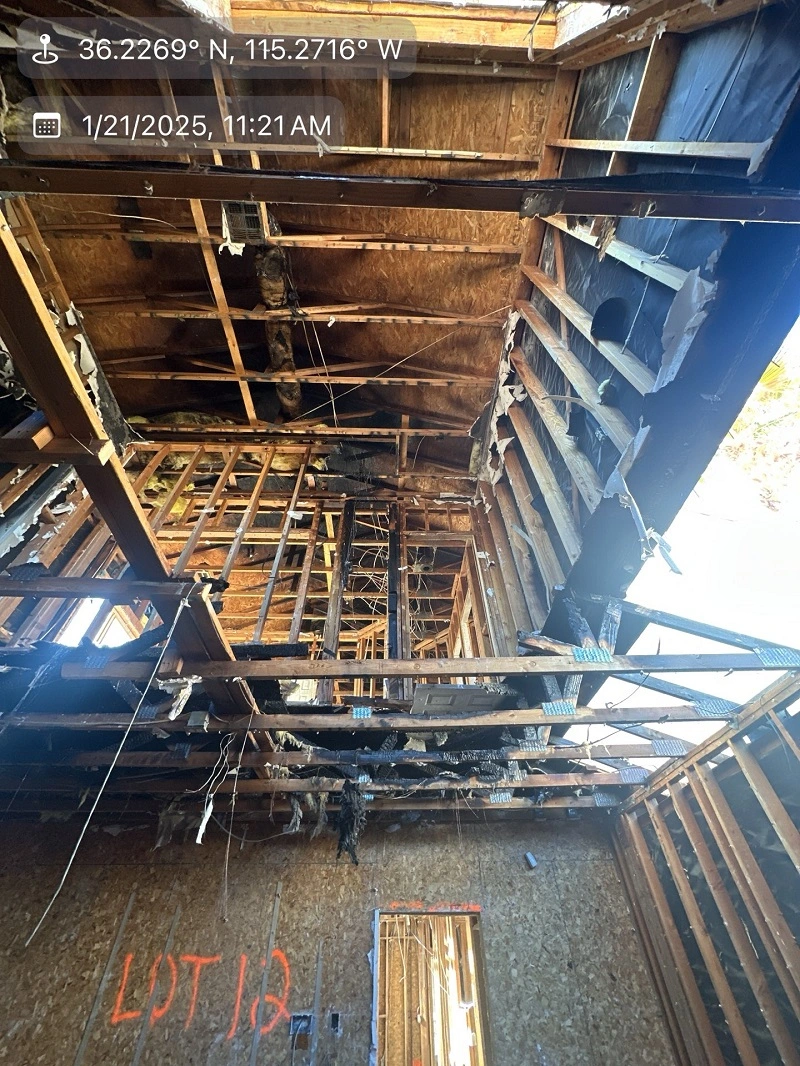
Temporary Living Arrangements
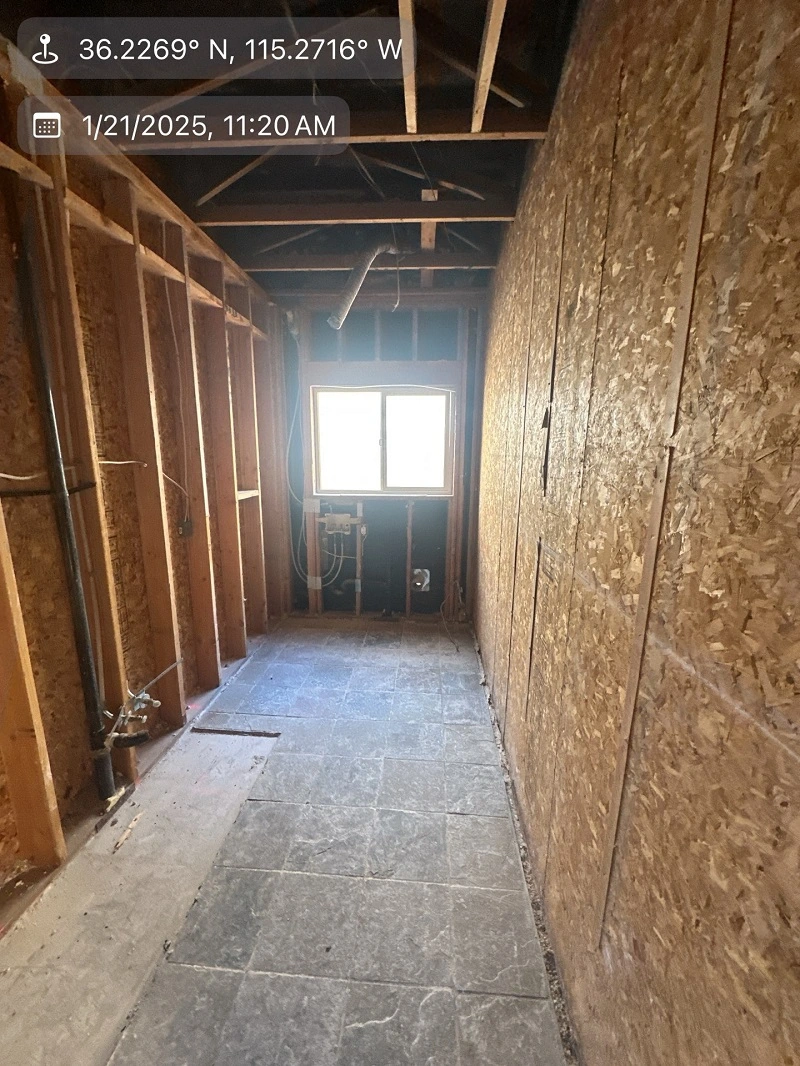
Finding a stable temporary home is crucial while you manage your property situation. Your insurance policy likely includes temporary housing coverage – a benefit many homeowners don’t realize they have. Options typically include:
• Extended-stay hotels
• Short-term rental properties
• Corporate housing
• Family accommodations
Discuss these benefits with your insurance representative to understand your coverage limits and duration.
Essential Contact List
Success in handling fire damage requires a strong network of professionals. Here’s your must-have contact list:
• Fire Department (for official incident reports)
• Insurance Agent and Claims Adjuster
• Fire Restoration Contractors
• Real Estate Professionals with Fire Damage Experience
• Local Building Department
• Utility Companies
Store these contacts in your phone and keep a printed copy somewhere safe. Each professional plays a crucial role in your property’s recovery journey.
Maintain detailed records of all interactions, and always request copies of official reports, assessments, and permits. These documents aren’t just for your records – they’re essential for potential buyers who’ll want to understand the property’s history and restoration process.
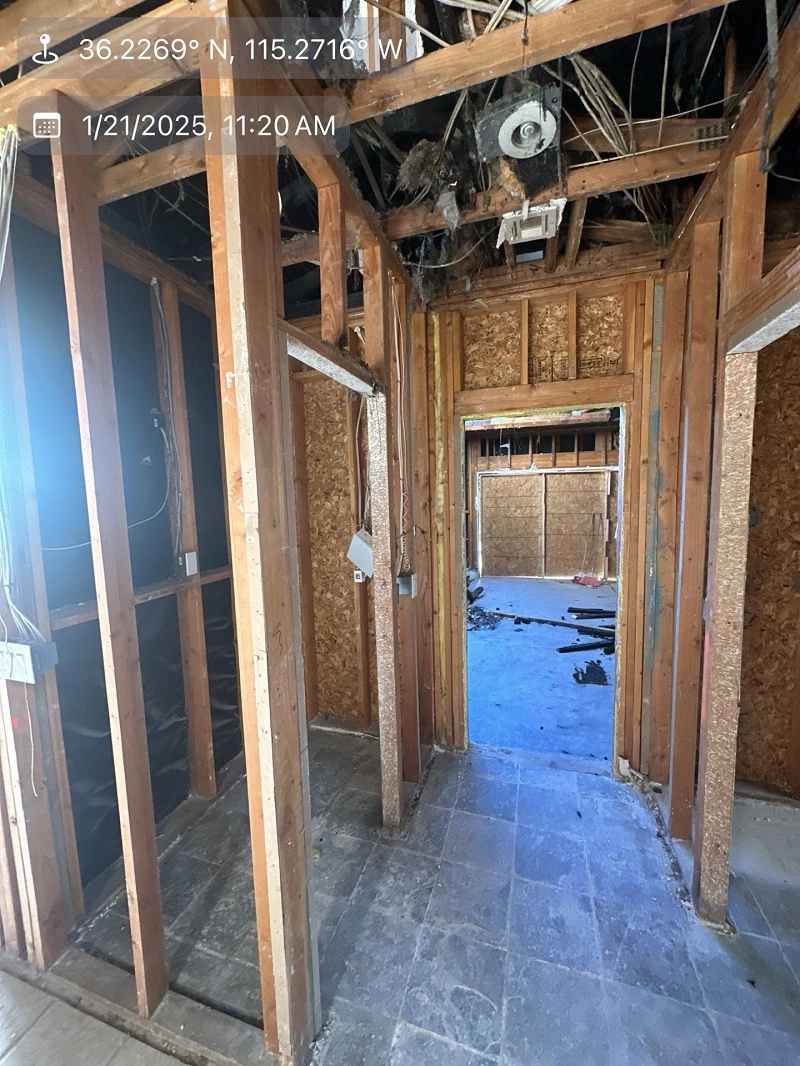
Evaluating Your Property’s Condition
I’ve helped numerous homeowners assess fire damage, and I can tell you that understanding your property’s condition is absolutely crucial for making smart decisions about selling your fire-damaged house in Las Vegas. Let me walk you through what you need to know to get an accurate picture of your situation.
Types of Fire Damage
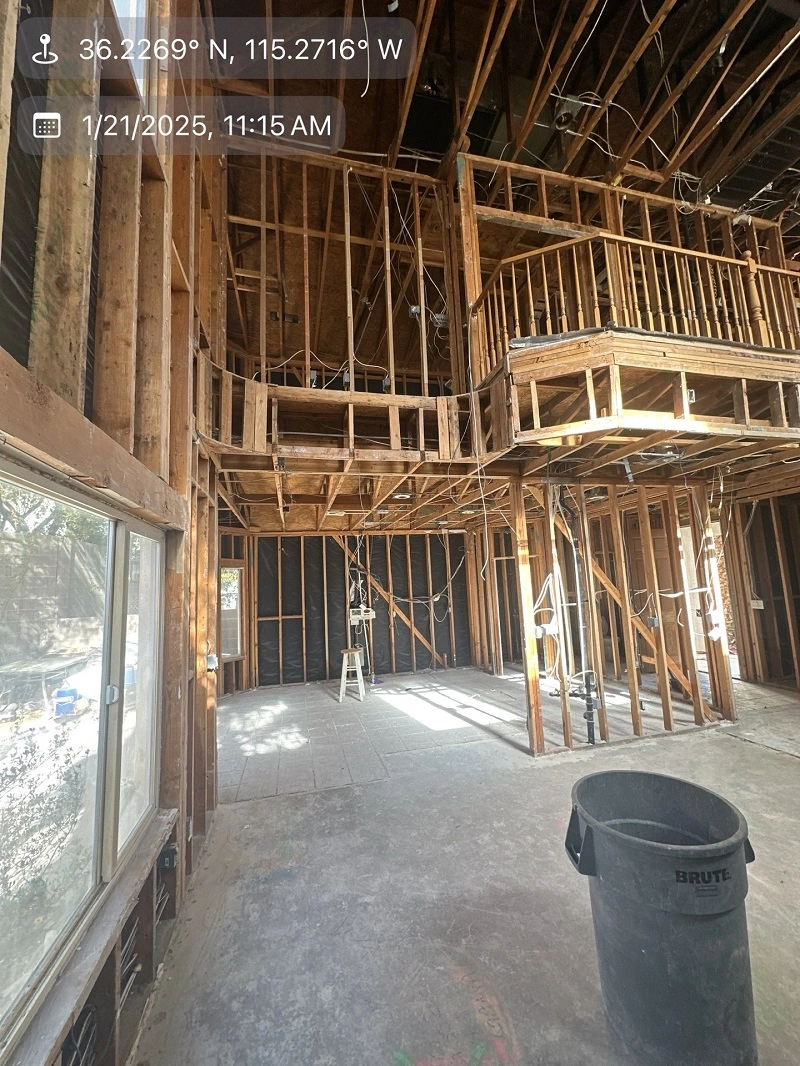
Structural Impact
Fire damage goes way deeper than what meets the eye. From my experience, the most concerning issues often lurk behind seemingly intact walls. Here’s what typically needs close attention:
• Load-bearing walls and support systems
• Roof trusses and structural beams
• Foundation elements and floor joists
• Hidden stress points in the building’s framework
Smoke and Soot Effects
You’d be surprised how sneaky smoke and soot damage can be. I’ve seen pristine-looking rooms harbor significant hidden damage. These silent destroyers:
• Infiltrate extensively into walls and insulation
• Contaminate HVAC systems and ductwork
• Create persistent odors that are tough to eliminate
• Cause ongoing deterioration through acidic residue
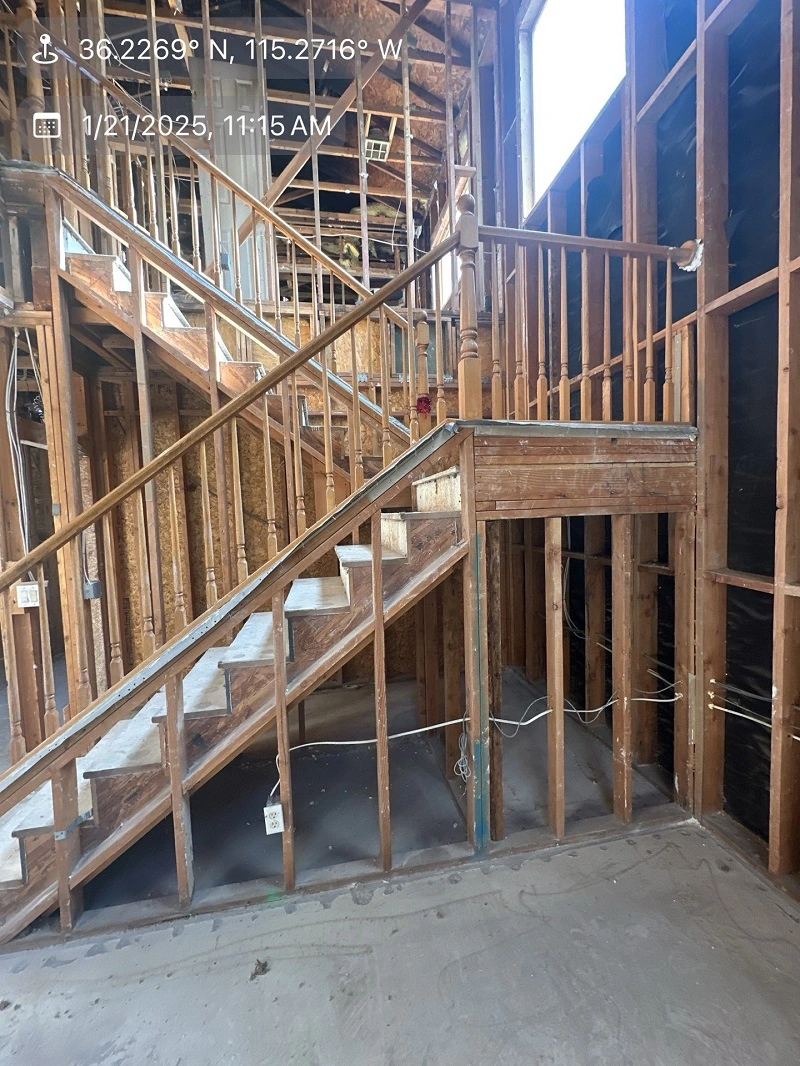
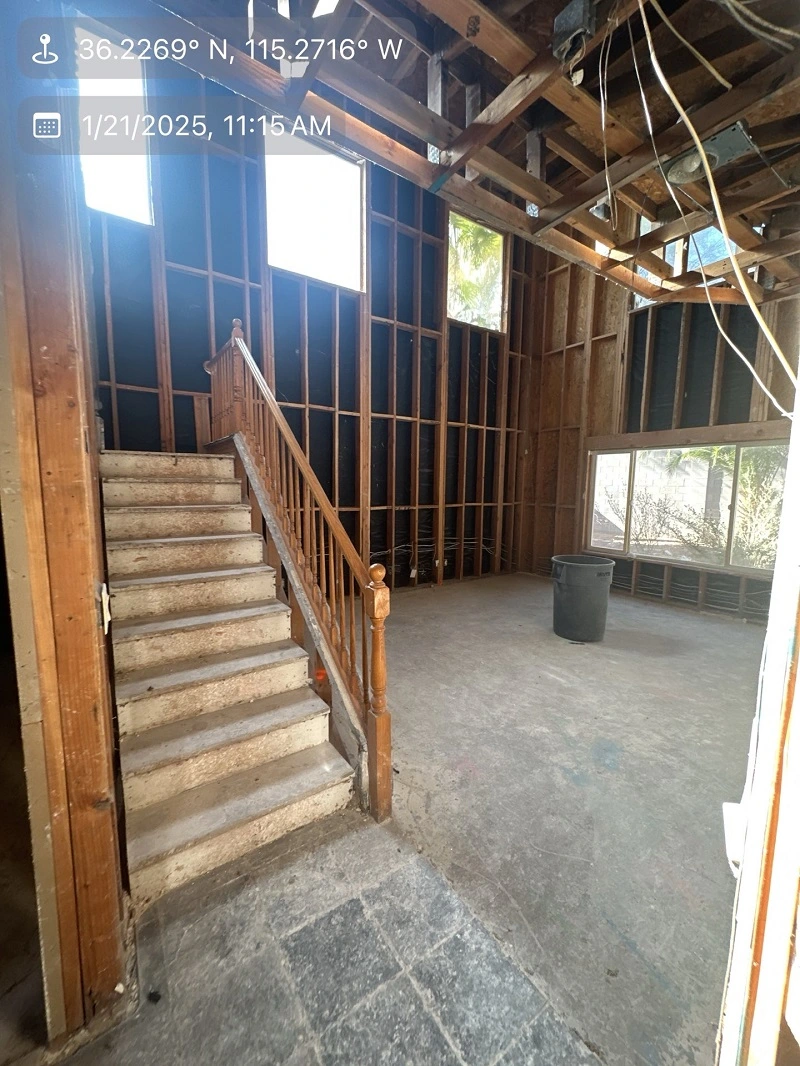
Water Damage From Firefighting
Here in Las Vegas, I’ve witnessed how firefighting efforts can sometimes cause as much damage as the fire itself. The aftermath typically includes:
• Saturated drywall and flooring materials
• Compromised electrical systems
• Hidden pockets of moisture in wall cavities
• Potential mold growth in our unique desert climate
Professional Assessment Methods
Having worked with numerous assessment professionals, I can tell you they rely on sophisticated tools to get the full picture:
• Thermal imaging cameras for detecting hidden damage
• Advanced moisture meters for tracking water penetration
• Air quality testing equipment for contamination assessment
• Structural integrity testing tools
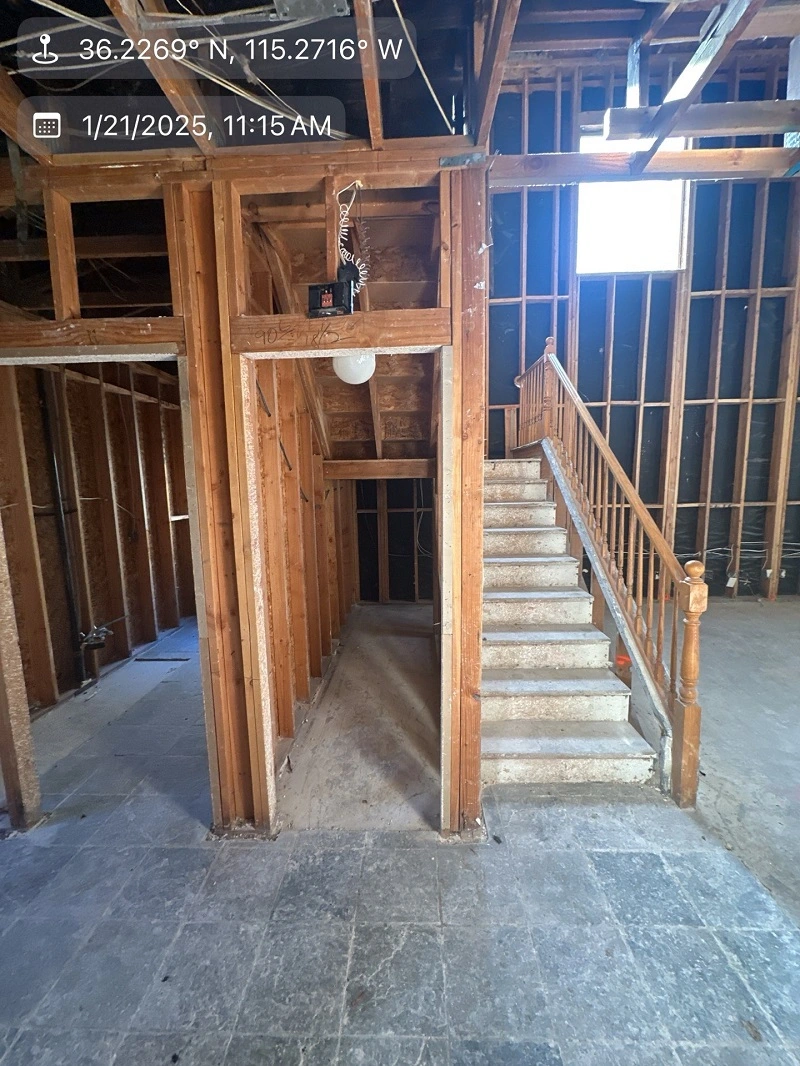
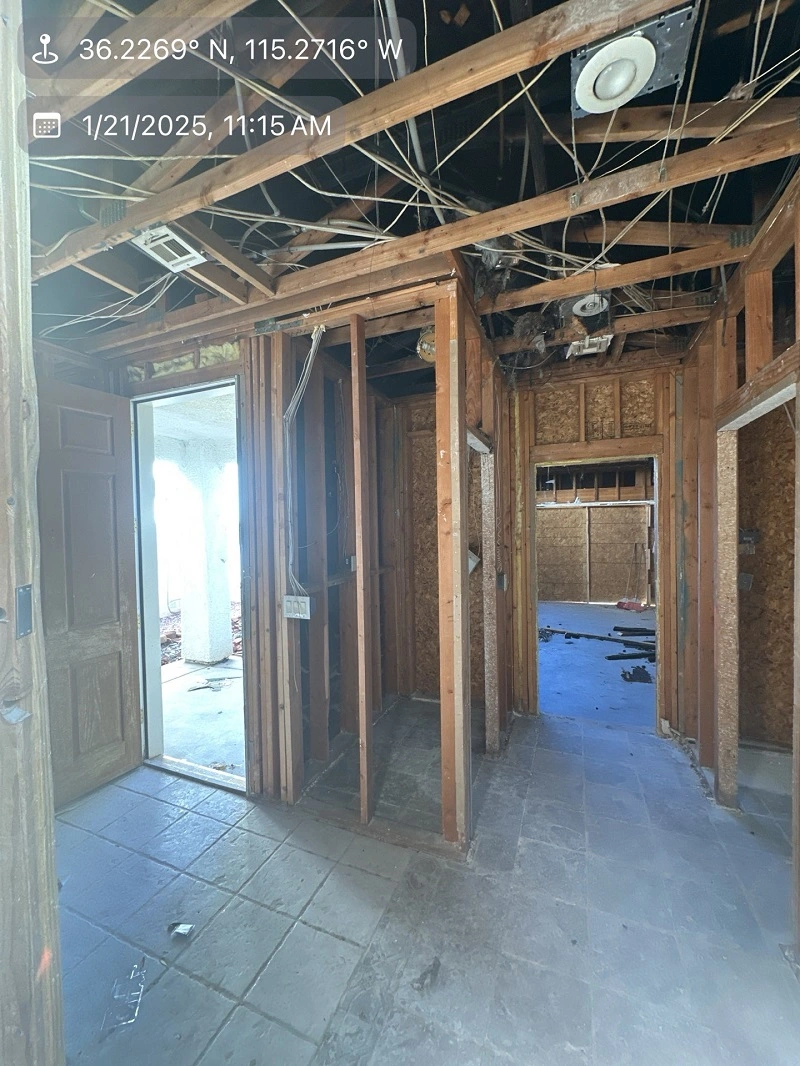
Cost Analysis For Repairs
Let me break down the essential repair elements you’ll need to consider:
Emergency Response:
• Immediate security measures
• Professional board-up services
• Temporary structural support
Central Fundamental Work:
• Foundation and structural repairs
• Complete smoke removal treatment
• Water extraction and dehumidification
• Electrical system overhaul
• HVAC cleaning or replacement
Finishing Touches:
• Interior wall reconstruction
• Floor replacement or restoration
• Paint and finish work
• Final cleaning and deodorization
I’ve found that getting detailed estimates for each of these components helps homeowners make informed decisions about whether to restore or sell as-is. This in-depth understanding of repair costs becomes your strongest negotiating tool, whether you’re dealing with insurance adjusters or potential buyers in Las Vegas’s real estate market.
Selling Options In Las Vegas
Selling your fire-damaged house in Las Vegas doesn’t have to be overwhelming. I’ve helped numerous homeowners work through this challenging situation, and there are several proven approaches you can explore. Let me walk you through each option to help you make the best choice for your circumstances.
Cash Buyers And Investors
Having worked with various cash buyers in Las Vegas, I can tell you they’re often the fastest route to selling a fire-damaged property. Companies like AMI House Buyers and Moe Buys Homes specialize in these situations, offering:
• Closings as quick as 7-14 days
• Zero repair requirements
• No commission fees or closing costs
• Purchase guarantees regardless of damage
• Hassle-free paperwork and transactions
• Fair cash offers based on current condition
The best part? These investors have extensive experience evaluating fire-damaged properties, so they can quickly assess your home’s potential and make a reasonable offer.
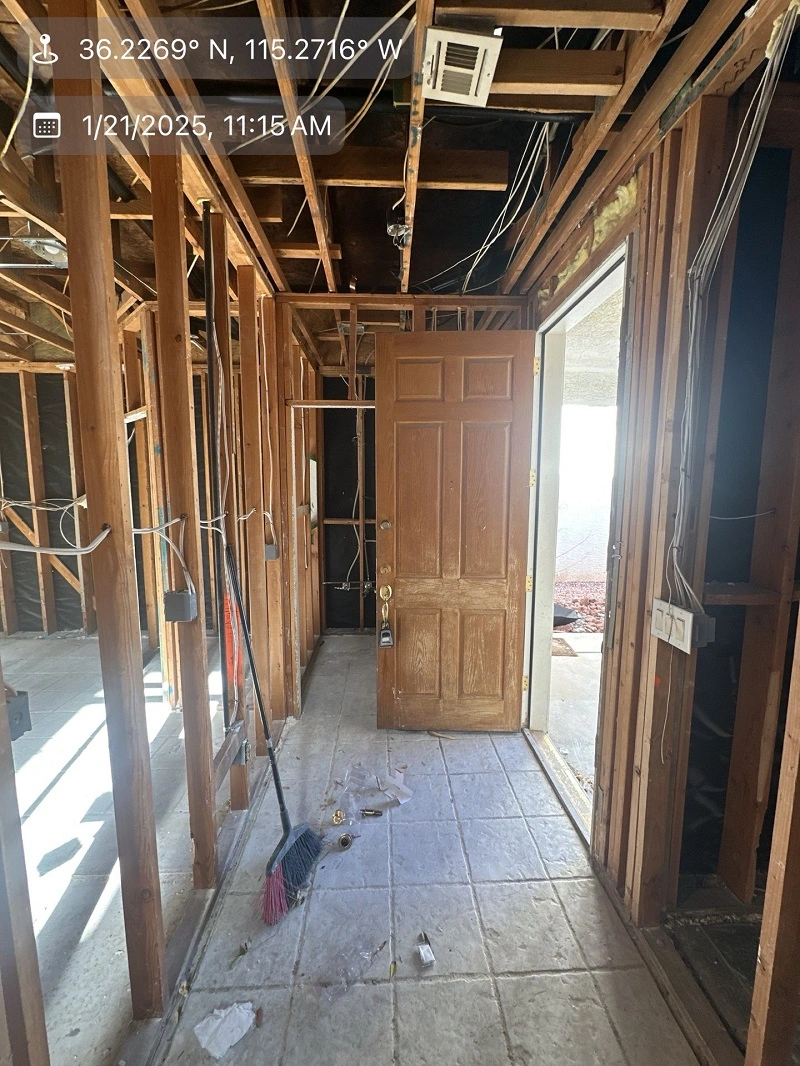
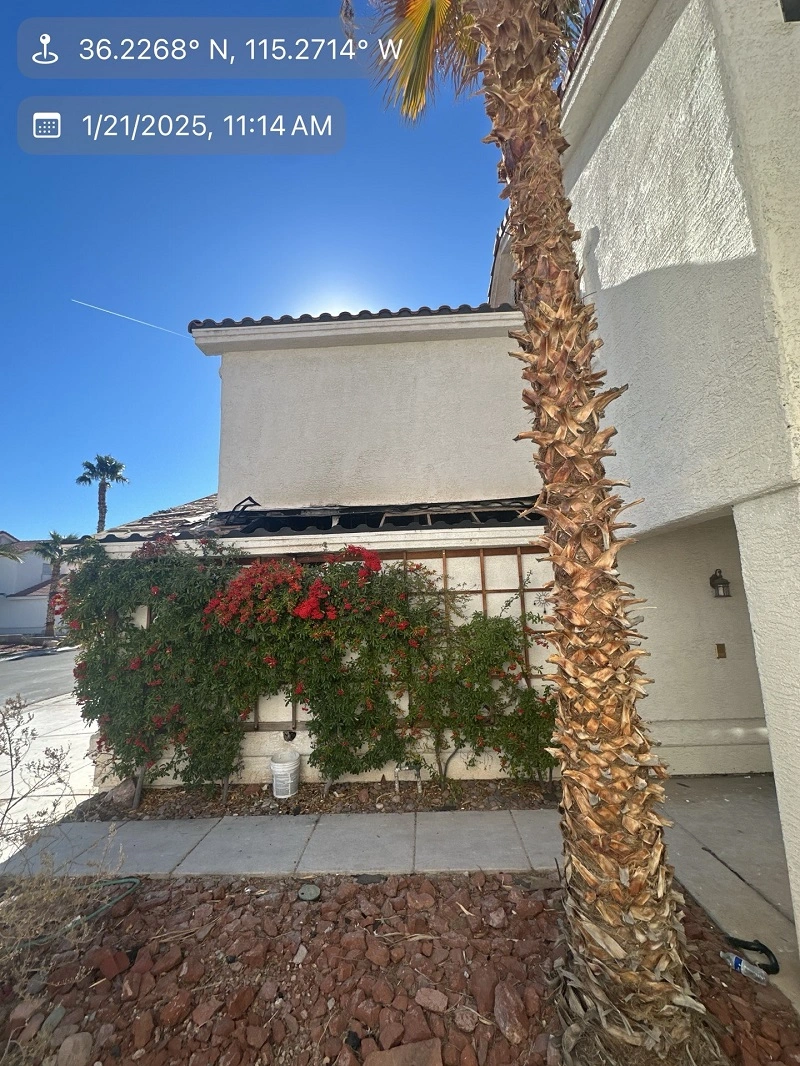
Traditional Real Estate Market
If your property has minimal damage or you’ve already tackled some repairs, the traditional real estate market might be your best bet. I’ve seen many successful sales through this route, especially with the right real estate agent. Here’s what a skilled agent brings to the table:
• Strategic marketing to target the right buyers
• Accurate pricing strategies for damaged properties
• Expert guidance on damage disclosure requirements
• Access to extensive buyer networks
• Professional negotiation skills
• Detailed paperwork management
Keep in mind that while this path might take longer, it often yields higher sale prices when the property’s condition permits.
Property Auctions
Property auctions have become increasingly popular for selling fire-damaged homes in Las Vegas. From my experience, they’re particularly effective when:
• Time is of the essence
• Multiple investors are interested
• Traditional sales methods haven’t succeeded
• You want to create a competitive bidding environment
The beauty of auctions lies in their ability to attract renovation specialists and contractors actively seeking project properties. This competition can sometimes drive prices higher than expected.
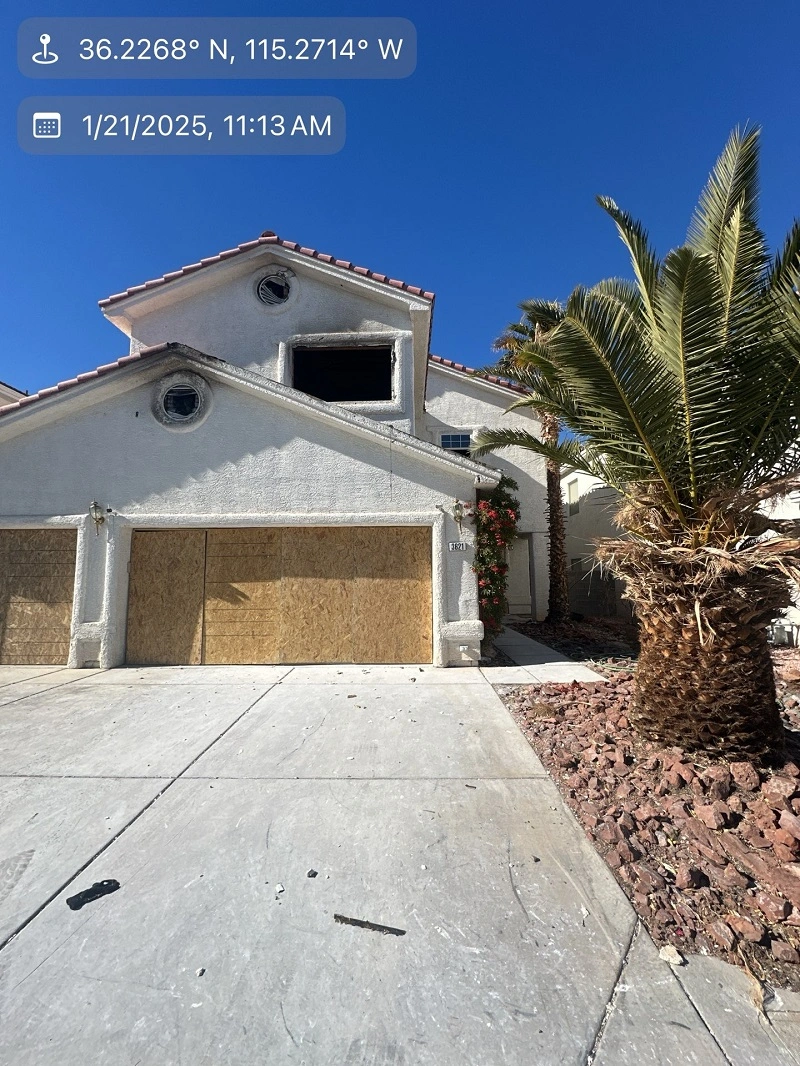
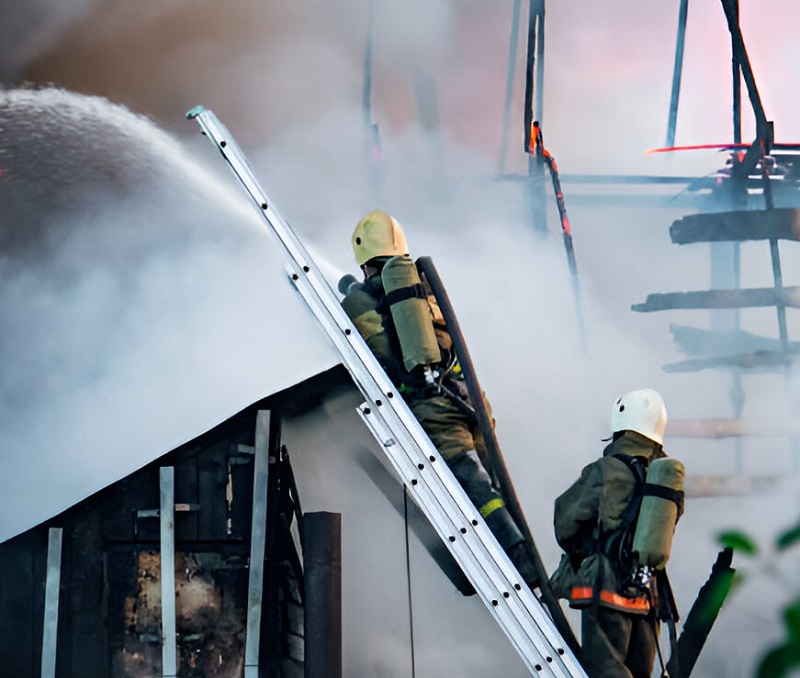
For Sale By Owner Approach
Taking control through a For Sale By Owner (FSBO) approach can save you thousands in commission fees, but it requires dedication and attention to detail. Here’s what you’ll need to manage:
• Detailed damage documentation and assessment reports
• Compliance with Las Vegas real estate laws
• Direct marketing campaigns
• Property showings and buyer communications
Negotiation processes
Closing procedures and paperwork
I’ve seen successful FSBO sales of fire-damaged properties, but they require significant time investment and thorough knowledge of local real estate practices. You’ll need to be comfortable answering detailed questions about the damage and maintaining careful documentation of any completed repairs or professional assessments.
Legal Requirements In Las Vegas
Selling a fire-damaged house in Las Vegas comes with specific legal obligations that protect both buyers and sellers. I’ve helped numerous homeowners understand these requirements, and I can tell you firsthand that comprehending them is crucial for a smooth, legally compliant sale.
Disclosure Laws
Las Vegas law demands complete transparency when selling any property, especially one with fire damage. Having worked through this process myself, I know how essential proper disclosure is. As a seller, you must:
• Provide detailed information about the extent and nature of the fire damage
• Disclose any repairs or restoration work completed
• Share information about ongoing insurance claims
• Reveal any potential structural issues resulting from the fire
• Mention any environmental concerns, such as smoke residue or water damage
Think of disclosures as your safety net. Being thorough not only fulfills your legal obligations but also protects you from potential future litigation while building trust with potential buyers.

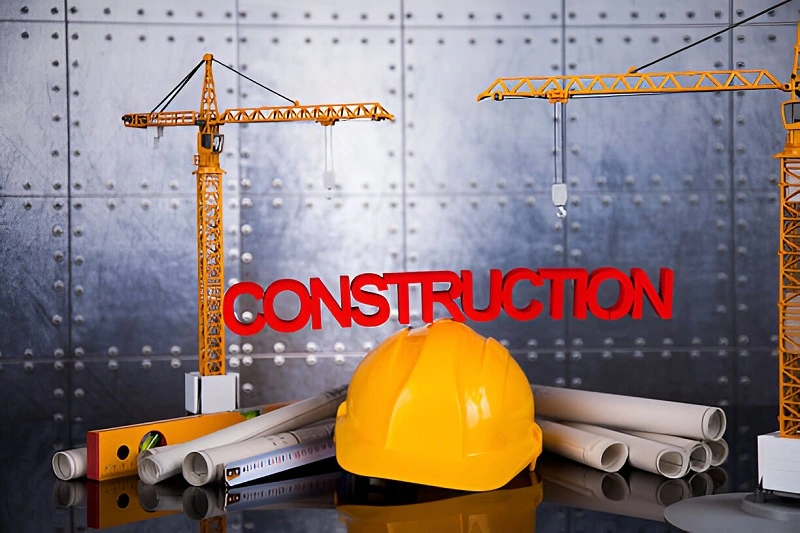
Building Code Compliance
Fire damage typically triggers the need for compliance with current building codes, even if your home was originally built under older standards. Through my experience with local contractors, I’ve learned these key considerations are essential:
• Obtaining necessary permits for repairs
• Meeting current safety standards for electrical systems
• Ensuring structural repairs align with Las Vegas building codes
• Complying with local municipality requirements
• Addressing any pre-existing code violations discovered during inspection
I always recommend working with licensed contractors who understand Las Vegas’s building codes. They’ll ensure all repairs meet necessary standards and help maintain proper documentation throughout the process.
Documentation Requirements
Proper documentation serves as your property’s paper trail. From my work with fire-damaged properties, I’ve found these records are absolutely essential:
• Fire department reports and incident documentation
• Professional damage assessment reports
• Repair and restoration records
• Building permits and inspection certificates
• Insurance claim documentation
• Contractor estimates and invoices
Think of these documents as your property’s story – they give potential buyers a clear understanding of what happened and demonstrate your commitment to transparency.
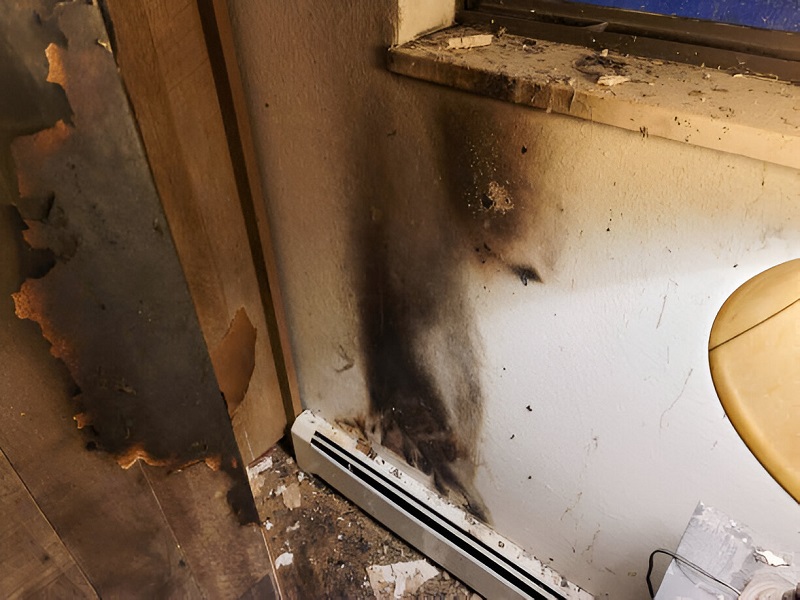

Insurance Implications
Insurance plays a pivotal role in selling fire-damaged properties. Based on my experience helping homeowners through this process, here are the crucial considerations:
• Understanding how insurance settlements affect the sale process
• Managing outstanding claims during a property transfer
• Documenting insurance-funded repairs and improvements
• Addressing any coverage gaps or denied claims
• Transferring relevant insurance information to potential buyers
I’ve found that maintaining close communication with your insurance provider throughout the sale process is invaluable. It ensures all claims are properly handled and documented, which can significantly impact your property’s marketability and final sale price.
Pricing Strategies
Determining the right price for your fire-damaged house in Las Vegas can feel like walking a tightrope. I’ve helped numerous homeowners find their path through this challenging process, and I’ve found that success lies in balancing multiple factors while staying attuned to current market conditions.
Market Value Factors
The foundation of your property’s value starts with its pre-damage worth and today’s market reality. Here’s what really moves the needle on your property’s baseline value:
• Recent comparable sales in your Las Vegas neighborhood (I recommend looking at sales from the past 3-6 months)
• Local real estate market trends and seasonal patterns
Your property’s location and core lot value
• Surviving features and amenities that still add value
• Current demand for renovation properties in your area
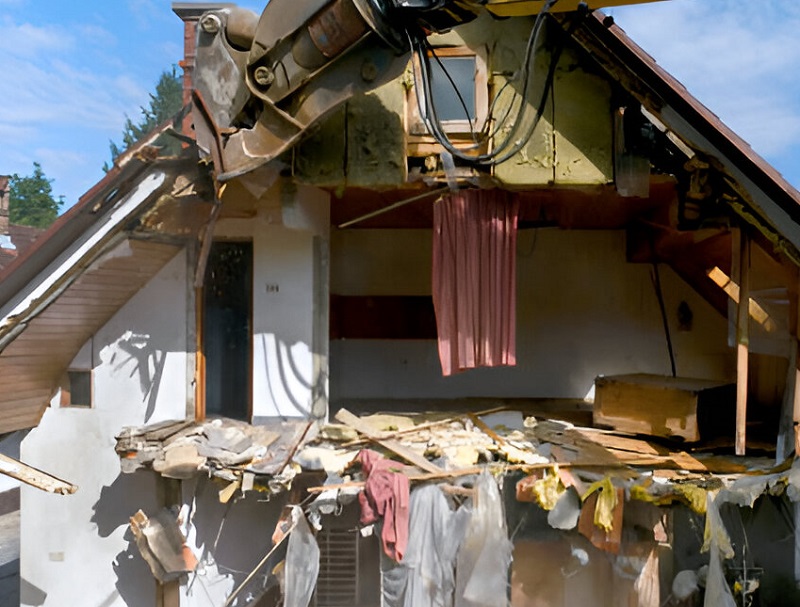
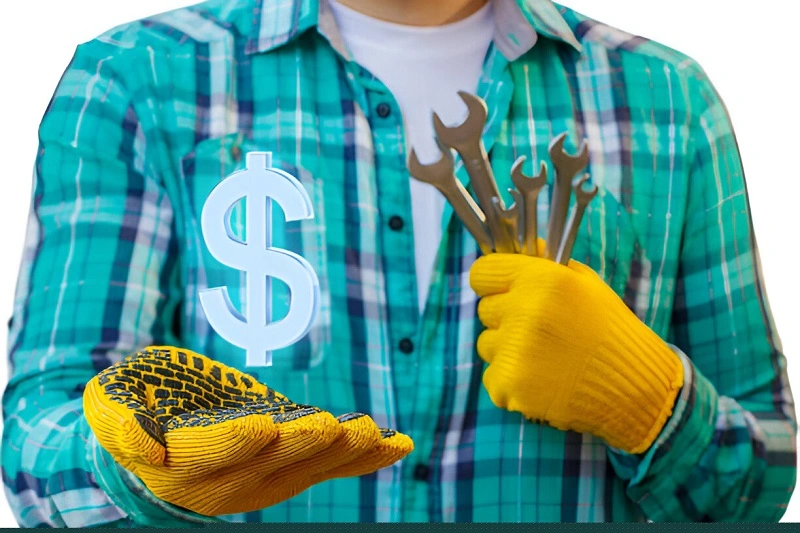
Repair Cost Deductions
Let’s talk about repair costs – they’re often the make-or-break factor in pricing your fire-damaged home. From my experience, you’ll want to gather detailed estimates for:
• Structural repairs and rebuilding costs
• Smoke and water damage remediation
• Code compliance upgrades
• Essential cosmetic improvements
• Permit and inspection fees
Most buyers expect a discount that goes beyond just the repair costs. I’ve seen successful deals typically include a 20-30% buffer on top of estimated repairs to account for the buyer’s time investment and risk.
Negotiation Considerations
Smart negotiation starts with understanding all the pieces in play:
• Your personal timeline and selling urgency
• Similar distressed properties on the market
• Buyer intentions (fix-and-flip vs. complete rebuild)
• Available financing options in your area
• Impact of insurance settlements on the deal
I’ve found that cash buyers typically want bigger discounts, but they offer something valuable in return – speed and simplicity in closing.


Price Adjustment Tactics
Your pricing strategy should breathe with the market. Here’s what works:
• Start slightly higher if you have time flexibility
• Make strategic price reductions based on actual buyer feedback
• Consider closing cost incentives for quick sales
• Adjust pricing to match seasonal market patterns
• Build in a reasonable negotiation cushion
Finding the sweet spot takes finesse – price too high, and you’ll watch your property gather dust on the market. Price too low, and you’re leaving money on the table. Through years of experience, I’ve learned that the magic happens when you price strategically enough to attract serious buyers while maintaining room for productive negotiations.
Choosing Between Repair Or As-Is Sale
I’ve helped numerous homeowners through this challenging crossroad, and I can tell you that choosing between repairing a fire-damaged house or selling it as-is isn’t just about money. It’s a decision that touches every aspect of your life – from your daily stress levels to your long-term financial health.
Financial Considerations
Let’s talk money – because that’s usually the first thing on everyone’s mind. Having worked with insurance claims, I’ve seen how the financial puzzle pieces need to fit together:
• Current insurance coverage and claim potential
• Outstanding mortgage balance
• Available cash reserves for unexpected costs
• Monthly carrying costs during repairs
• Emergency funds for surprises
Remember, while insurance can be a lifesaver, the claims process isn’t always smooth sailing. You’ll need to maintain those monthly payments – mortgage, taxes, utilities – while waiting for the insurance check to arrive.

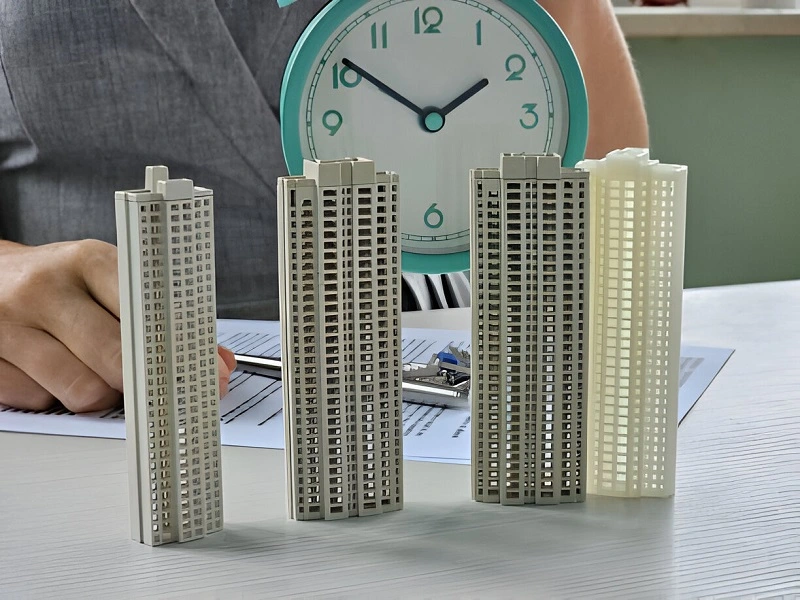
Timeline Comparison
Time is money, and I’ve watched renovation projects both fly and crawl. Here’s what you can realistically expect:
✓ Full restoration: 6-12 months (depending on damage)
✓ As-is sale to cash buyers: 2-3 weeks typically
✓ Permit processing: 2-8 weeks in most areas
✓ Insurance claim processing: 30-90 days average
The renovation timeline often stretches longer than initially planned, while as-is sales can wrap up surprisingly quickly – especially with motivated cash buyers.
Return On Investment Analysis
Let’s crunch some numbers. Based on my experience in the market, here’s what you’ll want to calculate:
- Current market value (damaged state)
- Projected value after repairs
- Total repair costs breakdown:
- Labor and materials
- Permit fees
- Temporary housing if needed
- Unexpected issues buffer (15-20% recommended)
- Holding costs during renovation:
- Monthly mortgage payments
- Insurance premiums
- Property taxes
- Utilities

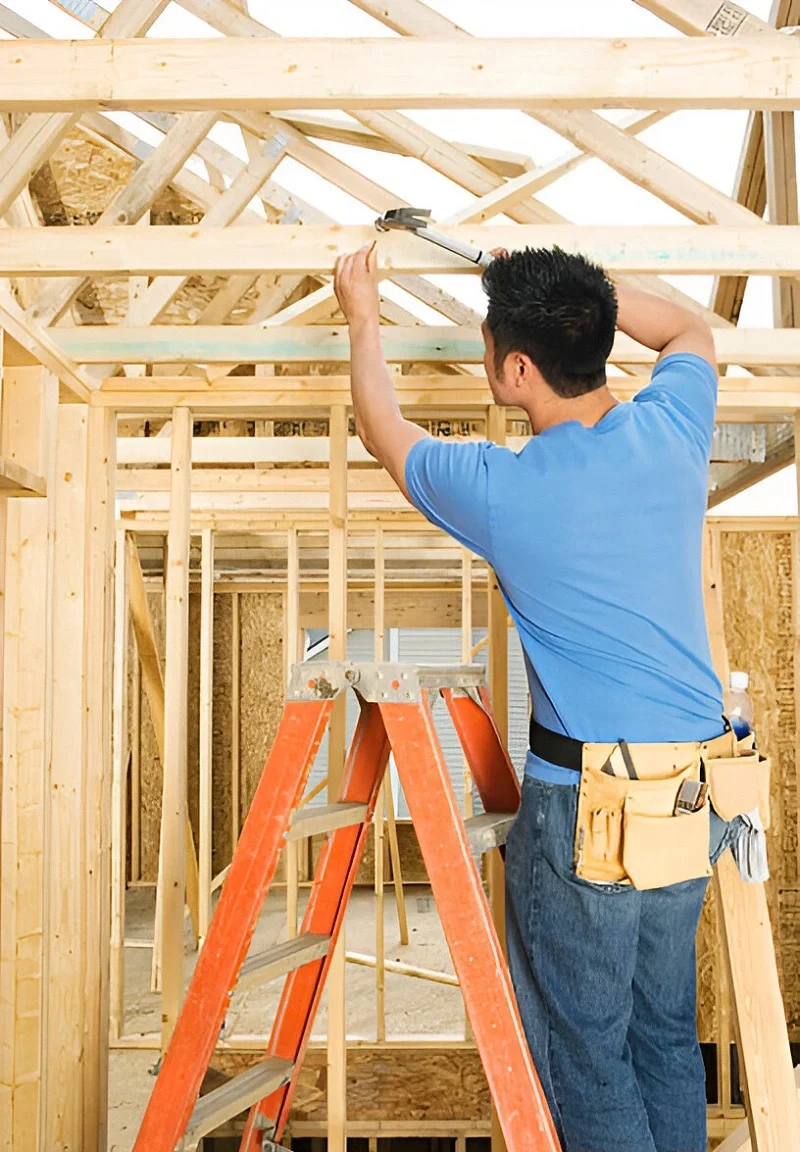
Risk Assessment
I’ve seen renovation projects go both ways – some smooth as silk, others turning into money pits. Here’s what you need to watch for:
Hidden Risks in Repairs:
• Structural issues discovered mid-project
• Supply chain delays
• Contractor scheduling conflicts
• Code compliance updates
• Cost overruns
As-Is Sale Considerations:
• Lower immediate return
• Faster closing timeline
• Reduced complexity
• Minimal additional investment
• Guaranteed completion date
Your personal situation matters most here. Some of my clients thrive on the renovation journey, while others prefer the peace of mind of a quick sale.
Consider your stress tolerance, time availability, and financial goals when making this choice. While repairs might boost your final sale price, an as-is sale offers speed and certainty – both valuable commodities in their own right.
Frequently Asked Questions
You’d be surprised how quickly you can sell a fire-damaged house in Las Vegas. Working with cash buyers like AMI House Buyers or specialized investors typically results in a sale within 1-2 weeks.
I’ve seen many homeowners relieved to discover these companies handle all paperwork and closing costs, making the process remarkably smooth. Traditional market sales, while still an option, usually take several months, especially when repairs are needed.
Here’s some good news – Las Vegas doesn’t mandate specific repairs for selling a fire-damaged house. The only real requirement is that the property must be safe enough for inspection. For traditional market sales, I always recommend:
• Addressing immediate safety hazards
• Securing the property from further damage
• Boarding up broken windows and doors
• Removing water damage (if applicable)
The beauty of working with cash buyers or investors is that they’ll typically purchase your property as-is, saving you time and repair costs.
Insurance coverage is like a safety net, but its strength depends on your specific policy. Most standard homeowner’s insurance policies cover:
• Structural fire damage repairs
• Smoke damage restoration
• Temporary living expenses
• Personal property losses
• Debris removal
Remember, coverage limits and deductibles vary significantly between policies. I always advise contacting your insurance provider immediately after a fire to start the claims process and get a clear picture of your coverage.
Yes, you absolutely can sell your fire-damaged house during pending insurance claims. I’ve assisted numerous homeowners in addressing this challenging scenario. Just keep in mind that you’ll need to:
• Disclose the pending claim to potential buyers
• Consider transferring claim rights to the new owner
• Maintain detailed records of all claim communications
Cash buyers often welcome properties with pending claims, while traditional buyers might need more reassurance about the process.
Think of documentation as your selling toolkit. Here’s everything you’ll need:
Essential Documents:
• Fire incident report from local fire department
• Insurance claim documentation
• Detailed damage disclosure statement
• Professional damage assessment reports
• Repair estimates or completed work records
• Building inspection reports (if applicable)
• Property ownership proof
• Standard sale documents
Having these documents well-organized makes the sale process much smoother and ensures you’re meeting Las Vegas’s disclosure requirements. Trust me, thorough documentation is your best friend when selling a fire-damaged property.
What You Should Do After A House Fire In Las Vegas
In the aftermath of a house fire in Las Vegas, immediate actions are crucial to address the situation. Here are the steps you should take:
Quick Checklist
1. Contact the fire department for a report.
2. Speak with your insurance company to assess any damage.
3. File an insurance claim.
4. Adhere to legal disclosure requirements when selling a fire-damaged house in Las Vegas.
Depending on your decision to repair or sell the fire-damaged house, you will need to:
1. Assess the damage
2. Contact insurance
3. Obtain multiple quotes
4. Budget for unexpected expenses
5. Work with insurance to get your payout
6. Complete repairs
7. List on the market
Collaborating with an adjuster can assist in evaluating damage and repairs and guarantee an equitable settlement when submitting a fire insurance claim.
Sell Your House After A Fire For Cash in Las Vegas Today
The first is connecting with specialized cash buyers who can offer:
• Quick, hassle-free transactions
• As-is purchase options
• No repair requirements
• Fast closing timelines
Your second option involves restoration and traditional market sales, which typically delivers:
• Higher potential sale prices
• Greater buyer interest
• Improved property value
• Better negotiating position
Throughout Las Vegas nd dedicated professionals ready to support your decision – from experienced fire restoration contractors to real estate investors who specialize in damaged properties. I’ve seen firsthand how crucial it is to understand your insurance coverage, evaluate your timeline, and align your choice with your financial goals.
Think of this as a fresh start rather than a setback. By carefully weighing your options and ensuring compliance with Las Vegas’s disclosure requirements, you’re already on the path to success.
Trust me – while the journey of selling a fire-damaged property might feel overwhelming at first, taking it one step at a time with the right support team will help you move confidently toward your next chapter.
Sell Fire Damaged House Las Vegas!
If a simple home sale that closes on your schedule sounds like what you need, come check us out. You can request a free quote for your house by filling out our form below!
We’ll Give You A No Pressure As-Is Cash Offer in 24 Hours
We’re Local, Can Close in 10 Days, Fast Cash
